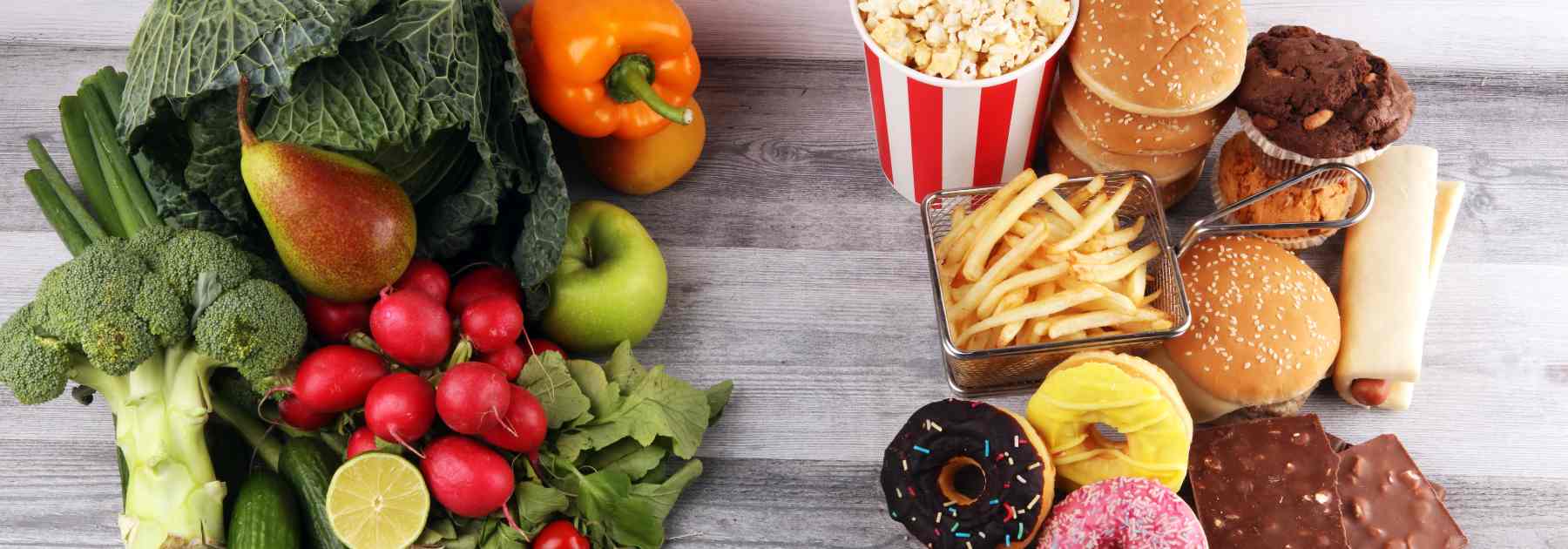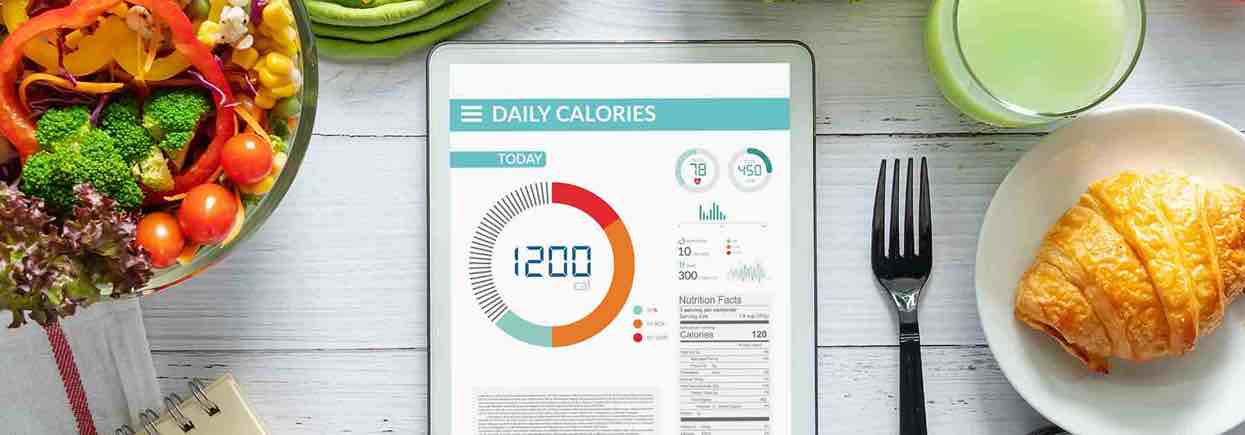At Pharmaesthetics Central, we support many patients who follow a vegetarian diet and are looking to lose weight in a healthy, sustainable way. A common misconception we encounter is that a vegetarian weight loss plan is automatically low in calories. While a plant-based lifestyle can be full of nutritious benefits, it’s important to remember that vegetarian doesn’t always mean low-calorie.
If you’re struggling to lose weight despite cutting out meat, you’re not alone. Many high-calorie vegetarian foods can slow down your progress, especially if you’re not aware of their impact. That’s why our pharmacy-led weight loss consultations are designed to look at the full picture—your diet, lifestyle, and habits—to help you make more informed choices. For many, this can also include the use of medical weight loss treatments such as Wegovy or Mounjaro following professional assessment.
Hidden Calorie Bombs in Vegetarian Diets
When you think of vegetarian meals, you might picture colourful salads, wholesome grains, and plenty of vegetables. But the truth is, many vegetarian-friendly foods are calorie-dense, and portion control becomes especially important. Let’s take a closer look at some common culprits.
Nuts and Nut Butters
Nuts are rich in protein and healthy fats, making them a great snack in moderation. However, they’re extremely calorie-dense. A small handful (around 30g) of almonds contains roughly 180–200 calories. If you’re regularly snacking on nuts or adding generous spoonfuls of peanut butter to smoothies or porridge, those calories can add up fast.

Cheese
Vegetarians often rely on cheese as a primary protein source, especially in the absence of meat. But most cheeses are high in both fat and calories. Just 30g of cheddar can contain over 120 calories and 10g of fat. Add that to your sandwich, pasta, or salad, and you’ve turned a light meal into a much heavier one without realising.
Oils and Dressings
Olive oil, coconut oil, avocado oil—they’re all considered “healthy fats,” but they are still fats. Just one tablespoon of olive oil adds about 120 calories to a dish. Salads drenched in dressing, sautéed vegetables, or oil-rich dips like hummus can become weight loss traps if not measured carefully.
Smoothies and Juices
Plant-based smoothies seem like a good idea, but they can quickly become sugar-heavy and calorie-laden. Bananas, nut butters, full-fat yoghurt, seeds, and honey all add calories—even if the ingredients are “healthy.” Juices remove fibre from fruits and can lead to a blood sugar spike, followed by hunger shortly after.
The Role of Professional Support in a Vegetarian Weight Loss Plan
At Pharmaesthetics Central, our team understands that nutrition is deeply personal. What works for one person might not work for another, especially when it comes to vegetarian diets. That’s why we offer one-to-one consultations where we take the time to learn about your unique needs, preferences, and challenges.
During your consultation, we’ll explore:
-
–> What a typical day of eating looks like for you
-
–> Where high-calorie foods might be sneaking in
-
–> Your level of physical activity
-
–> Your sleep, stress, and hormonal profile
-
–> And whether a medical treatment like Wegovy or Mounjaro is a suitable option
GLP-1 medications, when prescribed appropriately, can make a significant difference by reducing appetite and helping you better control portion sizes. For those following a vegetarian weight loss plan, these treatments can be a powerful support tool, especially if you tend to overeat calorie-rich plant-based foods.

Smarter Swaps and Simple Adjustments
The goal isn’t to cut out nuts, oils, or cheese completely—it’s about knowing how to manage them within your calorie needs. Here are a few tips we often share with our patients:
-
–> Use a kitchen scale or measuring spoons to control portions of high-calorie foods.
-
–> Add volume with vegetables—leafy greens, courgettes, mushrooms, and cauliflower can bulk up a meal with minimal calories.
-
–> Choose lighter dairy options like cottage cheese, reduced-fat cheddar, or plant-based alternatives with lower fat content.
-
–> Keep smoothies simple and balanced—use one fruit, add a handful of spinach, and limit added fats.
-
–> Roast or steam vegetables without oil and flavour with herbs and spices instead.
Your Journey, Backed by Medical Expertise
Creating a vegetarian weight loss plan that actually works requires more than cutting out meat. It requires strategy, support, and often, clinical insight. At Pharmaesthetics Central, we combine medical knowledge with nutritional awareness to guide our patients every step of the way.
Whether you need a medication review, help adjusting your vegetarian meals, or long-term support to avoid common pitfalls, we’re here to help you take control of your weight—on your terms.
Reach out or book a consultation with Pharmaesthetics Central today and start your journey to a healthier, more balanced lifestyle.

This blog was written on behalf of Pharmaesthetics Central by Pharmacy Mentor.

